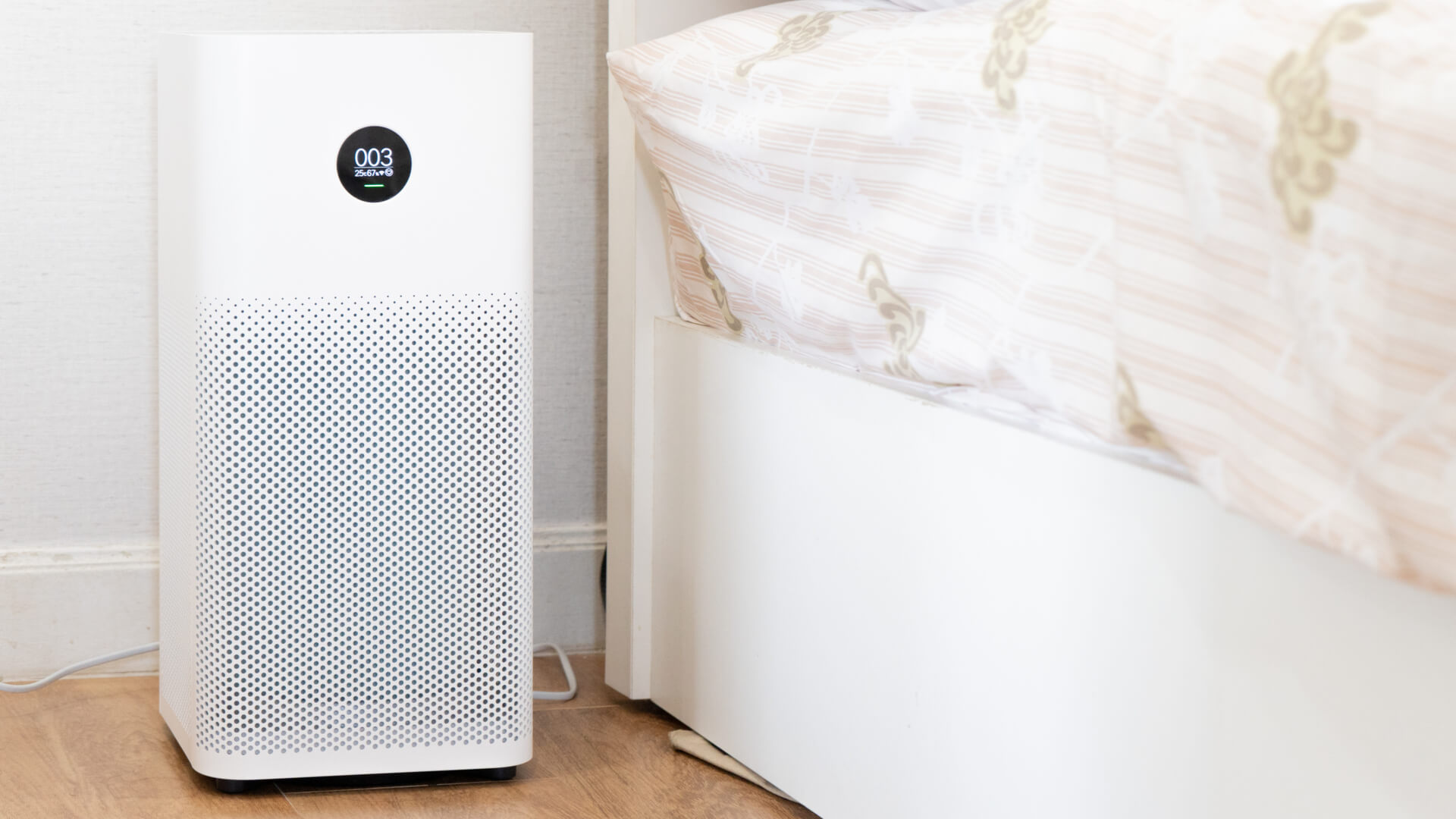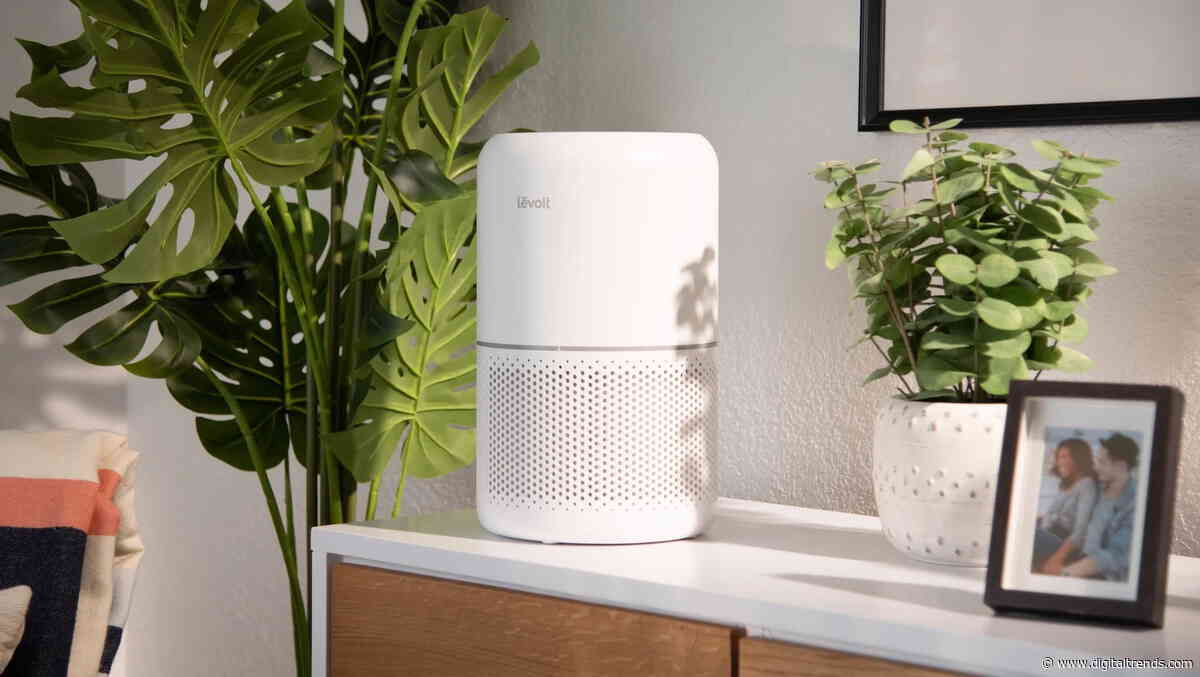Why You Need a UV Air Purifier

Investing in an air purifier is important if you want to keep the air in your home clean. In addition, you can get rid of the smells and harmful contaminants that can make your air smell bad. In addition, you can also prevent microorganisms from infecting your home.
Reduce airborne contaminants
Using a UV air purifier is an effective way to reduce airborne contaminants. These are particles and microorganisms that can cause respiratory problems, allergies and foul odors. They may also trigger asthma attacks.
Air contaminants can come from natural sources or man-made sources. They can include dust, pollen, animal dander and even chemical vapors. These pollutants can settle on various surfaces within an hour.
There are several ways to reduce airborne contaminants, but a UV air purifier is one of the best. A UV air purifier uses short-wave UV lights to deactivate particles and deodorize the air.
The short-wave UV lights can also kill bacteria and viruses. They break molecular bonds in the DNA of these microorganisms, making them unable to reproduce.
A UV air purifier also removes dirt and dust. This will keep the HVAC system air filters clean. If you have a whole house system, it may also reduce the risk of mold exposure.

Kill bacteria and viruses
Using an UV air purifier is one of the best ways to keep your home clean. In addition to eliminating foul odors, UV air purifiers also kill bacteria and viruses. UV is an invisible electromagnetic radiation that can eliminate airborne pathogens and inactivate infectious biocontaminants.
UV light has been used for disinfection purposes for more than 140 years. Scientists were first able to detect antibacterial effects of UV sunlight in 1877. However, UV light had to shine for a certain amount of time before it could effectively kill bacteria and viruses.
Scientists at Columbia University proposed the use of far-UVC light as a way to kill pathogens. This light has a shorter wavelength than conventional germicidal UVC. However, far-UVC light has limited penetration depth and cannot reach living human cells.
Disrupt the DNA of microorganisms
Using a UV air purifier may help to improve the health of the air you breathe. UV light is a form of electromagnetic irradiation that destroys the nucleic acid of bacteria and other microorganisms. The light breaks chemical bonds in DNA and RNA, disrupting the cell’s ability to replicate.
UV light can also destroy some organics in the air, including some that can cause cancer in humans. It can also help to prevent the growth of mold. Some molds can cause respiratory problems and allergies.
A UV air purifier is used in the home to inactivate biocontaminants that have remained in the air for a period of time. The air passes through the purifier at a high rate, effectively capturing the smallest airborne pathogens.
UV light can be effective in killing some bacteria and other air contaminants, but it doesn’t always work. It requires adequate exposure time and proper UV wavelengths.

Remove odors
Using an air purifier to remove odors can improve the quality of your air and your overall health. However, it’s important to make sure your purifier is safe to use, and that it does not damage your health.
The best air purifiers will include a HEPA filter, a pre-filter, and an activated carbon filter. The activated carbon filter is a great way to remove odors because it absorbs airborne chemicals as they pass through it.
The best UV air purifier will also kill microbes. However, it’s not going to be very effective in removing pet dander, so you may need to open the windows or turn the air purifier off.
The best UV air purifiers will also have UV-C functionality. This is because UV-C light is shown to generate ozone, which is considered bad for your health.
Prevent microorganisms from infecting your home
Having a UV air purifier installed in your home is one of the most effective ways to prevent microorganisms from infecting your home. The UV light kills viruses and microorganisms that cause diseases. You can also use UV air treatment to remove allergens and dust particles.
Airborne pathogens may originate from your building, the air you breathe, or an infected person. These pathogens can include viruses, bacteria, and mold spores.
A UV air purifier is also energy efficient, so you don’t have to worry about spending a lot of money on energy bills. Having a UV air purifier in your home can also help you avoid chronic illnesses, such as asthma.
Airborne pathogens are also a problem during the winter months. A UV air purifier can help prevent mold and mildew from growing in your home.

